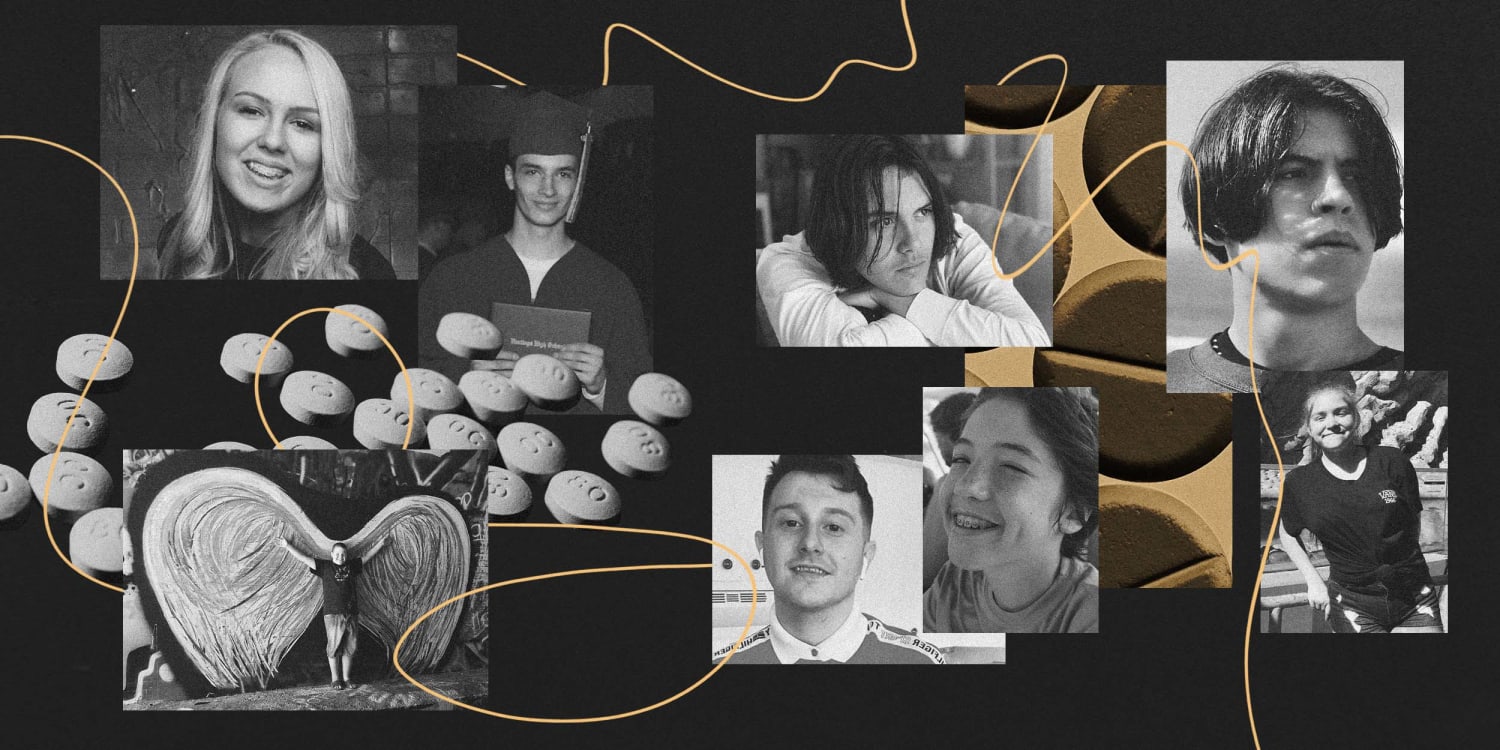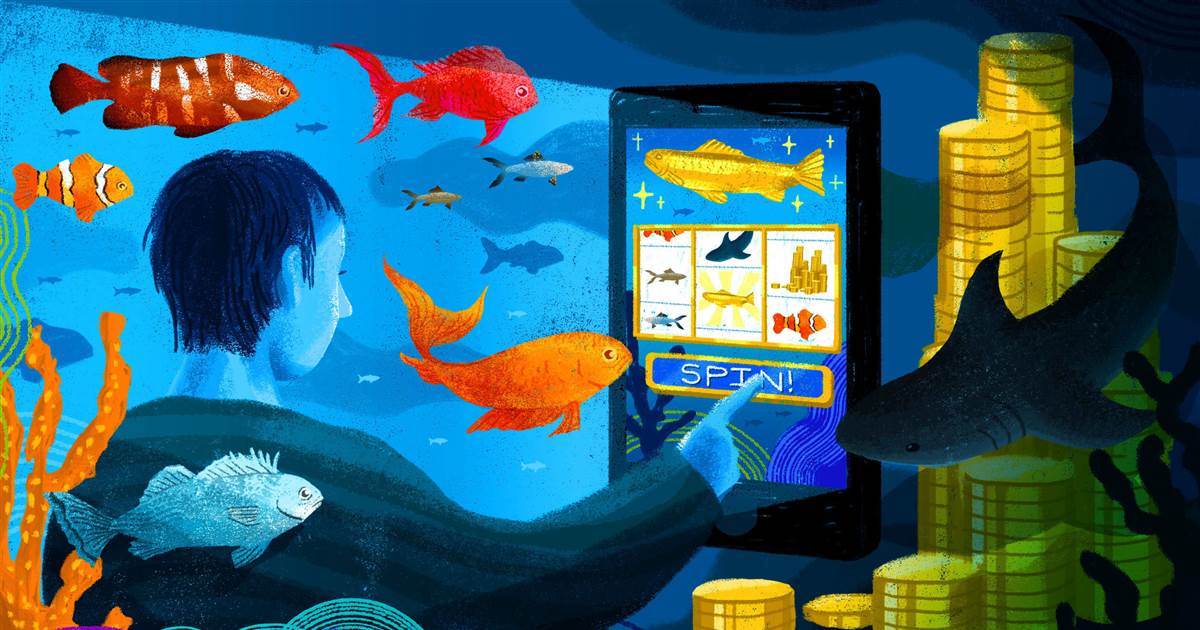[ad_1]

By Olivia Solon
Oct. 1, 2021
Matt Capelouto’s daughter, Alex, was home for winter break from Arizona State University in 2019 when she died after buying and taking the pill. She didn’t get a chance to open her Christmas presents.
One month into the pandemic in 2020, Bridgette Norring’s teenage son was found unconscious in his bed by his brother.
Luca Manuel was just 13 when he took the drug the afternoon before he was supposed to start back at school for the first day of in-person classes since lockdown. His mother, Amanda Faith Eubanks, held her son for the last time as he was being put into the coroner’s van inside of a body bag.
These are just a few cases over the last few years in a wave of deaths among teens and young adults who bought what they believed to be a prescription pill — like a Percocet, an OxyContin or a Xanax — that turned out to be a counterfeit pill containing a deadly dose of fentanyl, a synthetic opioid a hundred times more potent than morphine.
Many of those pills are being traded openly via social media, particularly on Snapchat, the most popular app among U.S. teens. Snapchat has been linked to the sale of fentanyl-laced counterfeit pills that have caused the deaths of teens and young adults in at least 15 states, according to The Partnership for Safe Medicines, a nonprofit public health group. NBC News independently confirmed deaths in 14 of the 15 states and identified five additional states not included in the research.
“It was as easy as ordering a pizza,” Capelouto said. “He delivered right to our house.”
Manufactured by Mexican drug trafficking organizations, these counterfeit pills look like legitimate prescription medicines. But 2 in 5 counterfeit pills seized and tested in the United States contain enough fentanyl to kill, according to the Drug Enforcement Administration.
DEA Administrator Anne Milgram said that social media companies aren’t doing enough to crack down on counterfeit pills.
“Social media companies know that their platforms are being used for this. And they need to understand that Americans are dying at record rates and they need to be a partner in stopping it,” she said Monday in an interview with Kate Snow on NBC’s “TODAY” show.
Some of the parents of children killed by deadly counterfeit pills have come together to call on Snapchat’s parent company, Snap, to do more to educate users about this issue and identify, remove and report drug dealers misusing the platform.
On top of raising awareness of the dangers of counterfeit pills, the company has hired more people for its law enforcement response team, which has allowed it to become more proactive in referring drug activity to law enforcement, said Snap spokesperson Rachel Racusen. It has also strengthened automated tools that proactively scan for potential drug-related content, consulting with the DEA and other third-party experts to keep on top of the latest slang terms, and has deleted tens of thousands of accounts identified this way, Racusen said.
However, dealers kicked off the platform can create new accounts with relative ease by using a different phone number, making it challenging to keep them off.
In October, Snap is hosting a summit with hundreds of law enforcement officials from across the country to educate them about Snapchat, help them prepare data requests that allow Snap to respond quickly and improve lines of communication.
The company is also exploring new tools to help parents monitor their children’s activity on Snapchat and prompt conversations about how to stay safe.
NBC News talked to eight parents whose children’s deaths have been linked to the sale of fentanyl-laced counterfeit pills. Here are their stories.
[ad_2]
Source link





